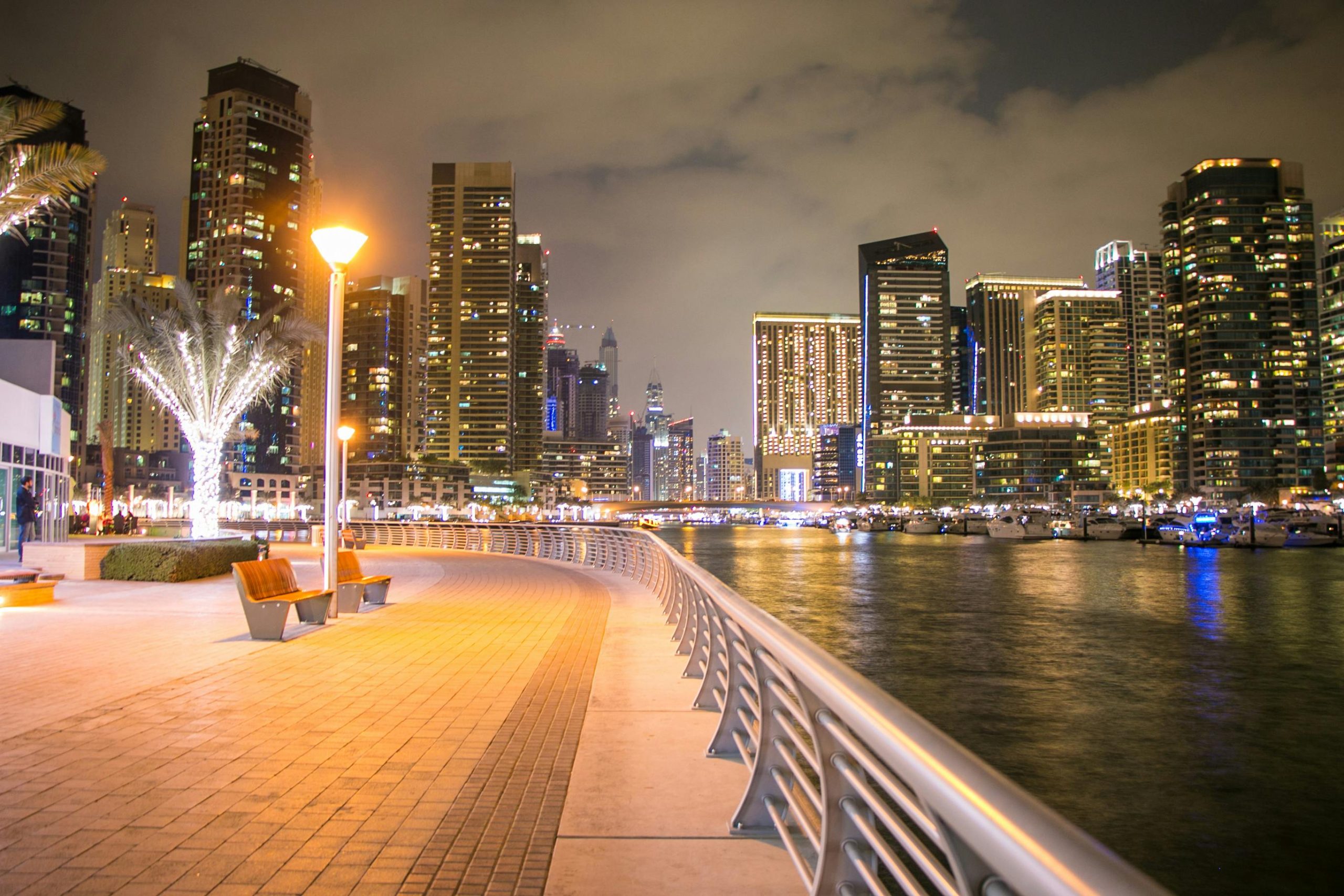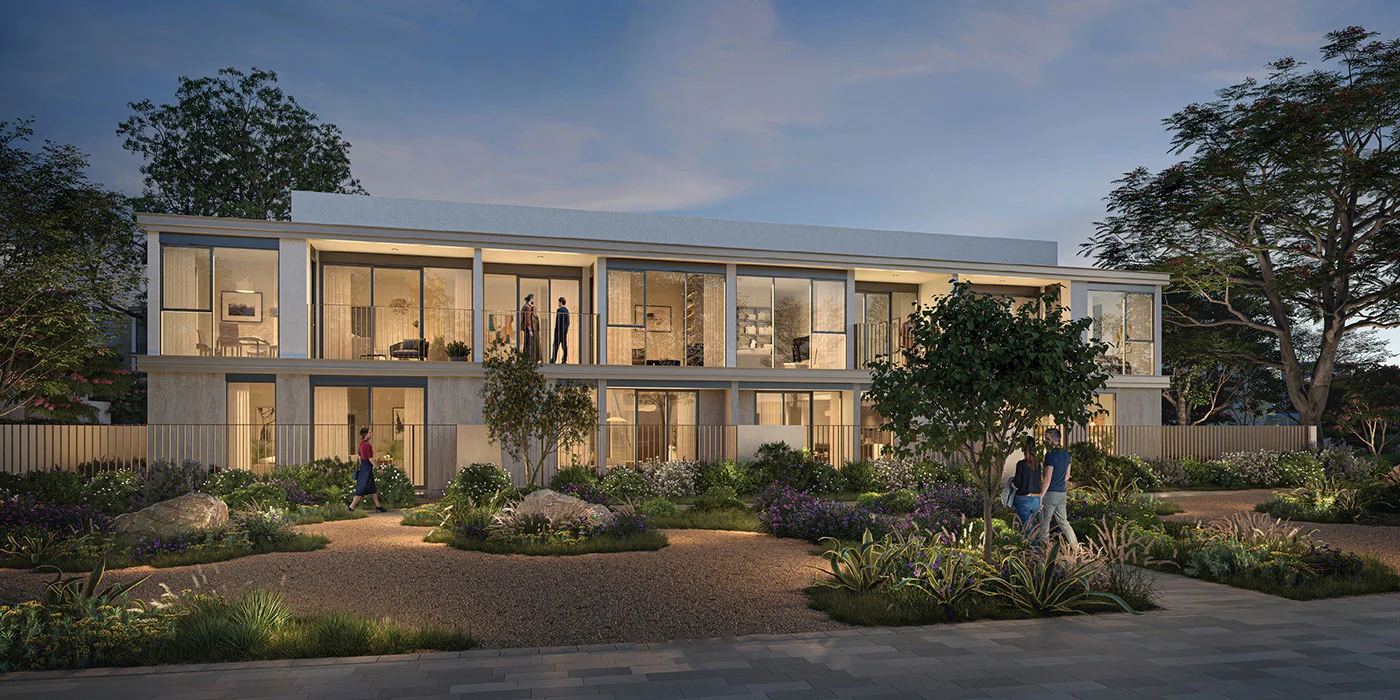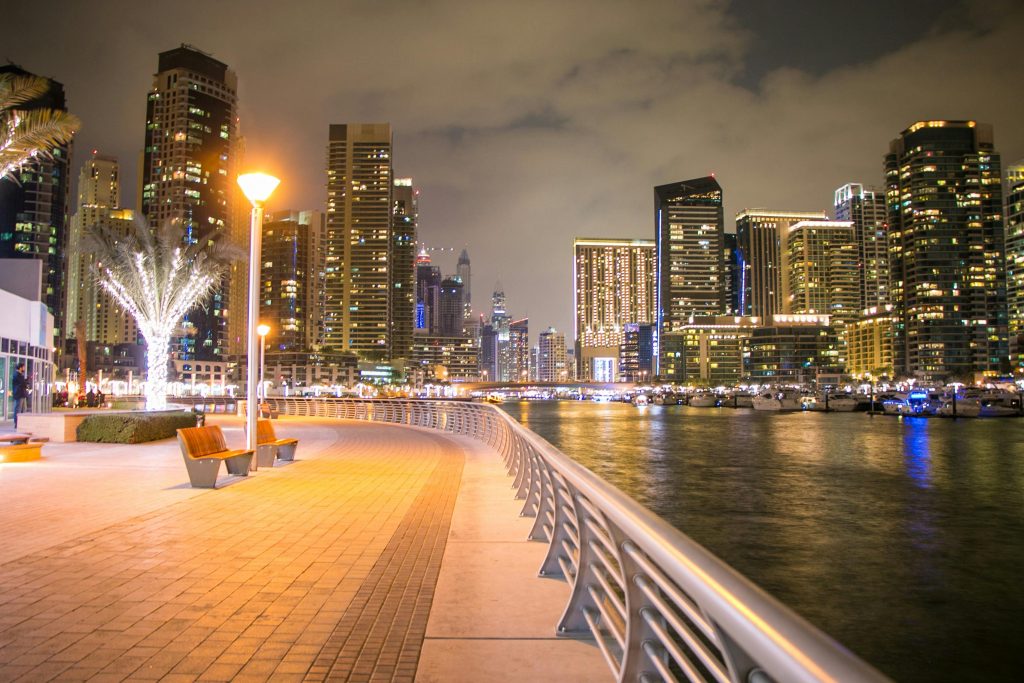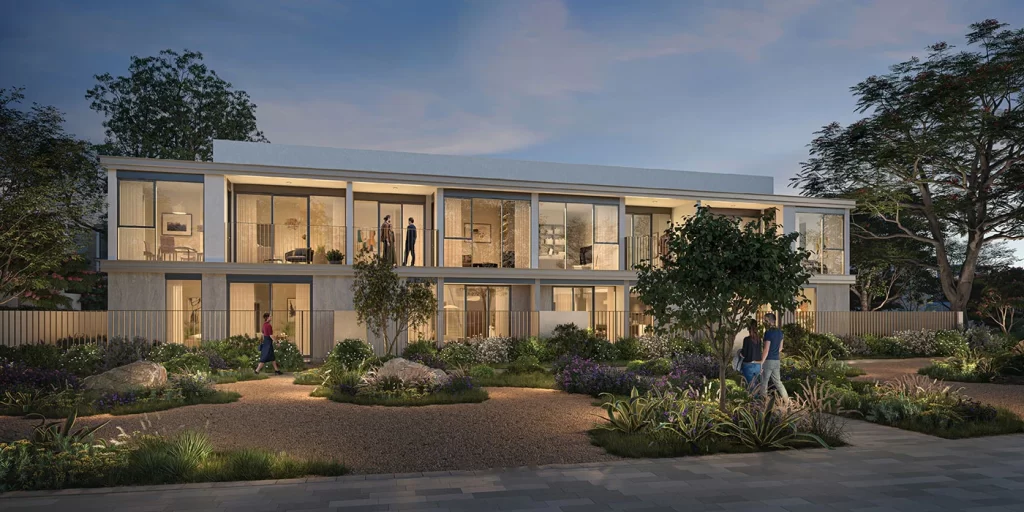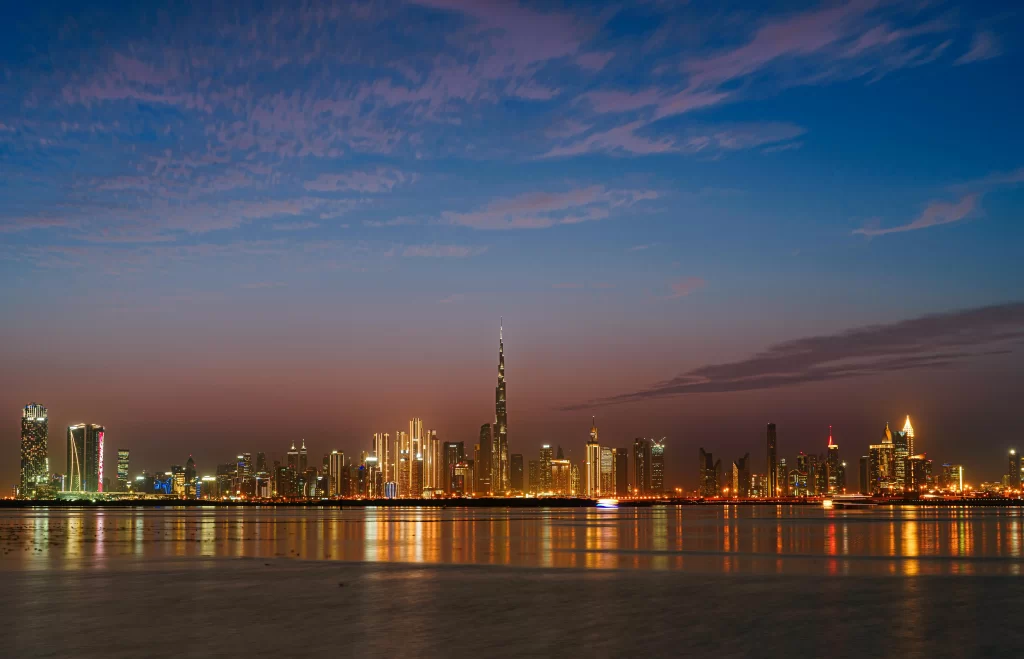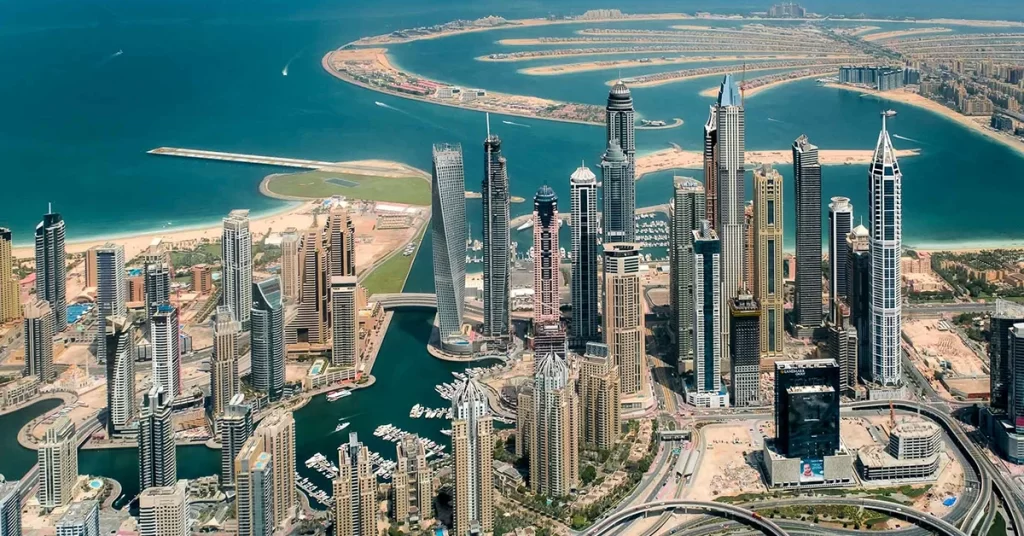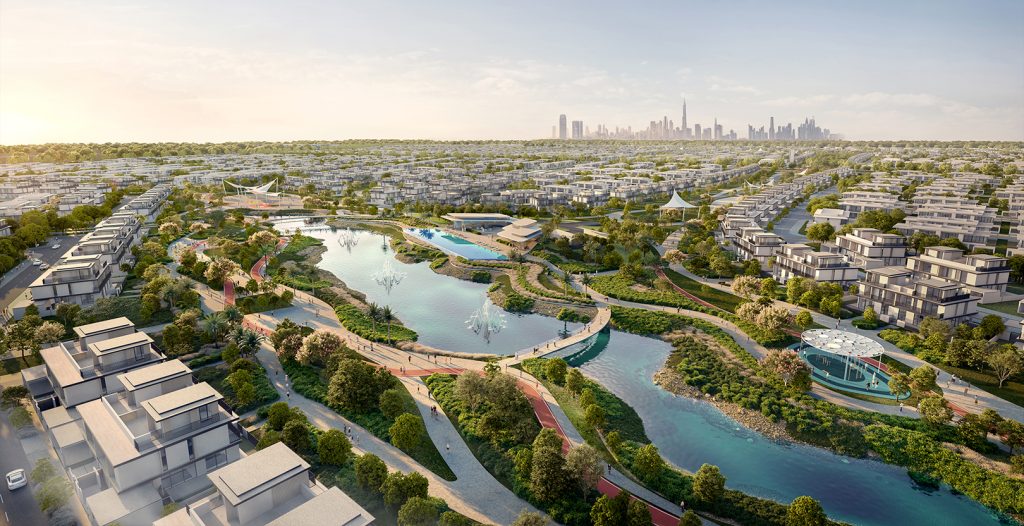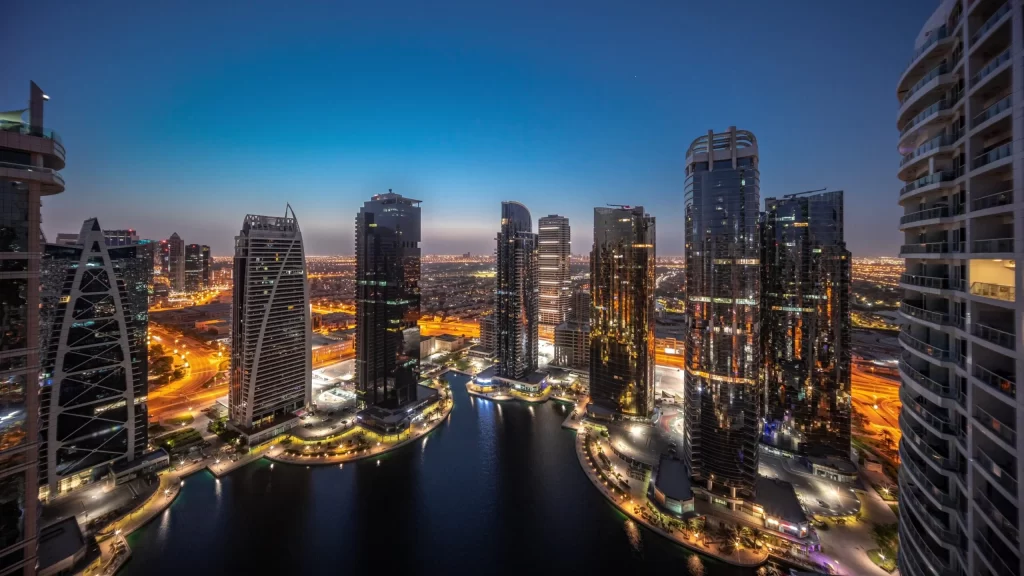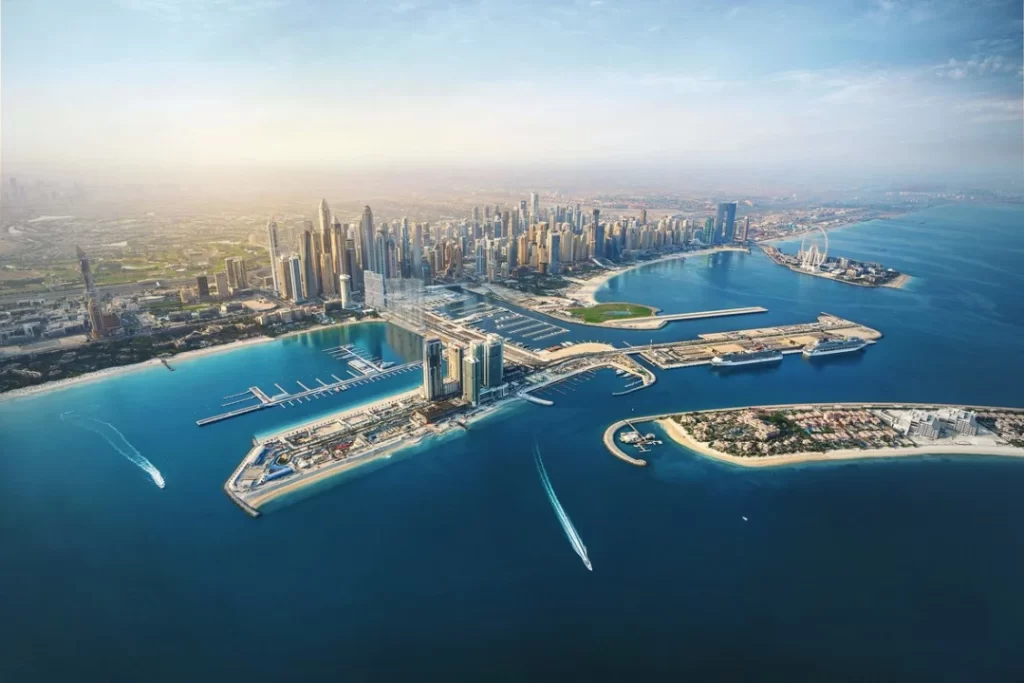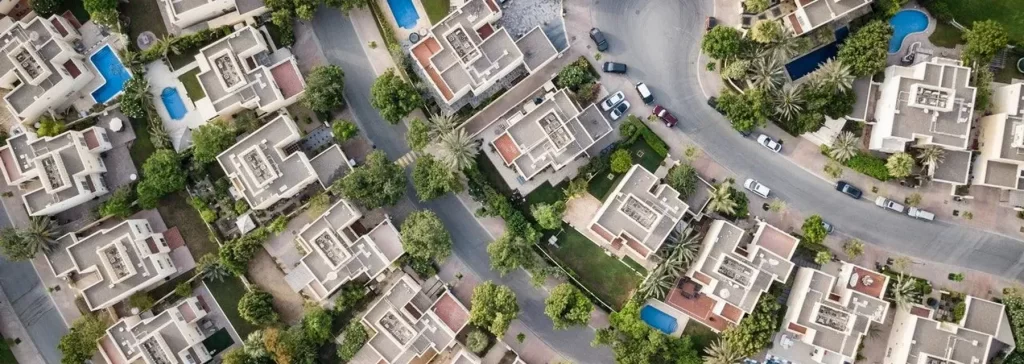Dubai is renowned for its luxurious lifestyle, modern architecture, upscale shopping, and vibrant nightlife. It offers a wealth of experiences to visitors, captivating them with its impressive beauty and energy. As one of the world’s bustling cities, it boasts unparalleled architecture and top-notch attractions. However, it’s important to note that Dubai is considered an expensive city to live in due to its high cost of living. In this article, we will provide comprehensive insights into the cost of living in Dubai for those planning a move and offer guidance on how to budget effectively for your new life. Whether you are relocating with your family or as an individual, this article will serve as an invaluable resource.
Let’s dive right in!

Cost of Living In Dubai
Broadly, the cost of living encompasses housing, utilities, transportation, healthcare, leisure, schools, and groceries. However, these expenses vary for families and individuals.
Housing Expense
One of the most significant expenses in Dubai is housing, whether you are purchasing or renting a residence. It’s crucial to manage this expense judiciously. Prices vary across different communities in Dubai, allowing you to select one that aligns with your budget. For example, consider Downtown Dubai versus the affordable Jumeirah Village Circle.
A studio apartment’s yearly rent in Downtown Dubai might be around AED 85,000, while a similar studio in Jumeirah Village Circle could be approximately AED 40,000. Before finalizing a residence, explore various areas and opt for the one that best suits your financial situation. Additionally, consider your workplace’s location; while you might save on rent, the same amount could be spent on commuting. Factor in all variables before making your move.
Transport Expense
Dubai offers convenient public transportation options, with many employees favoring the metro for their daily commute. The cost of a single metro ride ranges between AED 4 and 8, and a monthly pass would be around AED 350. While Uber and Careem services are available, they tend to be pricier than other transportation modes in the city. Car prices typically range from AED 42,999 to AED 95,000, contingent on quality and brand.
Utilities Expense
Basic utilities such as phone plans and home internet are integral parts of the budget. Costs depend on factors like usage and accommodation size. On average, an internet plan costs approximately AED 311, while utilities encompassing electricity, garbage, and water might total around AED 710.
Groceries
When it comes to groceries in Dubai, imported products can be quite costly. However, meat and fresh produce are relatively more affordable compared to major cities around the world.
Healthcare & Insurance Expenses
Health insurance is mandatory for all UAE residents. If your work is sponsored by a company in Dubai, they must provide health insurance, often extending coverage to your family. Individuals holding investor visas must purchase health insurance from Dubai-based providers. Those earning a monthly income of less than AED 4,000 are eligible for the Essential Benefits Plan (EBP), offering coverage similar to UAE public healthcare. Basic health insurance for an individual costs roughly AED 600-800, while a family of four can expect around AED 17,000.
Leisure
Leisure activities encompass mall visits, trips to shopping centers, theme parks, and dining at various restaurants with your family. Dubai offers diverse leisure options for all demographics, spanning a wide price range. Regardless of your budget, you can fully indulge in Dubai’s offerings. Fitness enthusiasts might budget around AED 278 for a gym subscription, while cinema outings could cost approximately AED 45.
Education Expense
For families relocating to Dubai, schooling is a significant consideration. You have the choice between private and public schools for your children. Public schools are tuition-free for Emiratis but come with fees for expatriates. Numerous private schools offer international curricula, often with the convenience of transferring students to sister schools in other countries. Public school fees range from around AED 3,500 to 12,500 annually, while American school fees vary between 16,182 and 86,260. Similar variations apply to British and Indian schools.
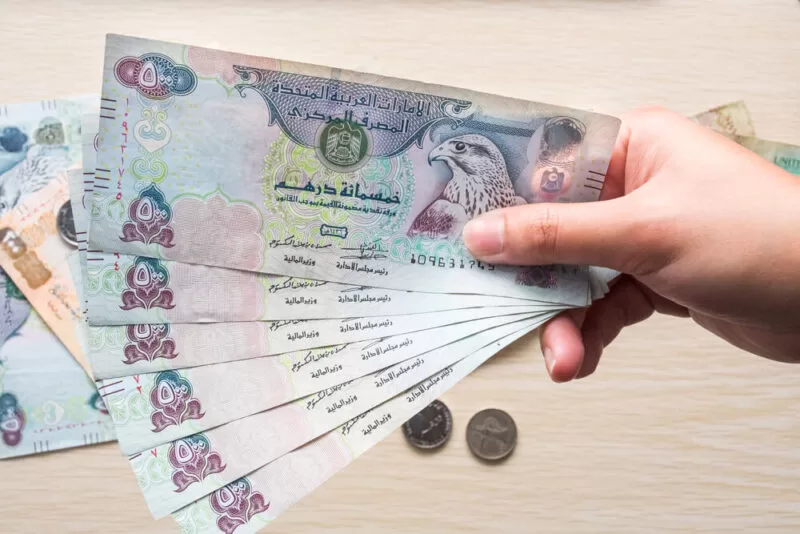
What Is the Realistic Cost of Living in Dubai?
The realistic cost of living in Dubai depends on your lifestyle. Opting for a more affordable area could mean an approximate expenditure of AED 12,925 for a family of four. For an individual, the cost is roughly one-third of this amount.
How Much Salary Is Needed to Live Comfortably in Dubai?
For a comfortable life in Dubai, your monthly expenses, including rent, would likely amount to around AED 5,000-8,000.
Conclusion
Exploring the cost of living in Dubai offers a comprehensive understanding of the financial landscape for both prospective residents and visitors. Dubai’s allure lies not only in its opulence but also in its dynamic opportunities. From housing to transportation, utilities to leisure, this vibrant city presents a collection of expenses that cater to diverse lifestyles. As individuals think of moving to Dubai, careful budgeting becomes important. The city’s exceptional architecture, entertainment options, and cultural experiences come hand in hand with a higher cost of living. However, with prudent choices, one can effectively navigate these expenses without compromising on the quality of life.
Dubai’s all-encompassing amenities, along with its global appeal, justify the investment in housing, transportation, and healthcare. From embracing the efficient metro system to enjoying diverse leisure pursuits, Dubai’s offerings align with various preferences and financial capacities. In this article, we have covered everything related to the cost of living in Dubai, and we hope this resource has been helpful for you!

